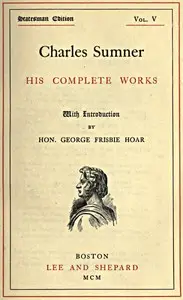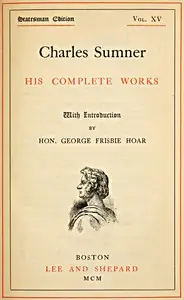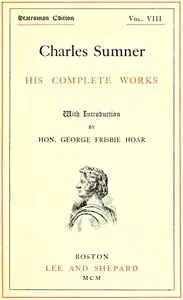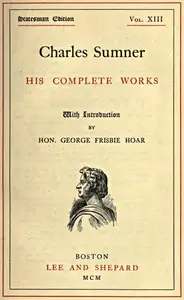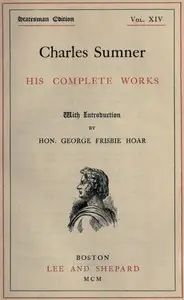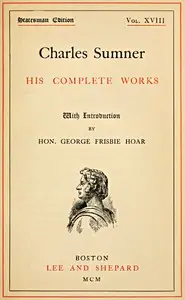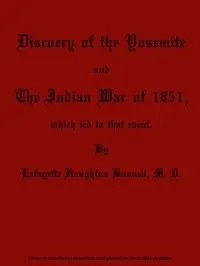"Charles Sumner: His Complete Works, Volume 01" by Charles Sumner is a historical collection of speeches and writings authored in the late 19th century. This compilation focuses on the life and contributions of Charles Sumner, a prominent abolitionist and political leader, and addresses significant themes such as liberty, justice, and the moral imperatives surrounding war and slavery. The collection is notable for chronicling the evolution of Sumner's ideas and his unwavering commitment to civil rights. The opening of this volume presents an introduction by Hon. George Frisbie Hoar, articulating the importance of Sumner's speeches as pivotal contributions to American history and the abolitionist movement. It emphasizes how Sumner's orations provided a moral and intellectual foundation for the fight against slavery, advocating for the principles of freedom and equality. From the start, it prepares the reader to engage with a series of Sumner's significant addresses, beginning with "The True Grandeur of Nations," where he critiques the concept of honor derived from war, setting the stage for discussions on national integrity and justice in relation to international conflicts. Through this introduction, readers gain insight into Sumner's character, his scholarly upbringing, and his transformation into a leading voice for social justice in 19th-century America. (This is an automatically generated summary.)
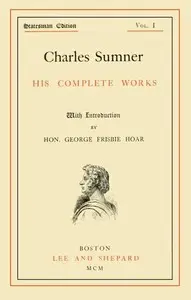
Charles Sumner: his complete works, volume 01 (of 20)
By Charles Sumner
"Charles Sumner: His Complete Works, Volume 01" by Charles Sumner is a historical collection of speeches and writings authored in the late 19th centur...
Charles Sumner was an American lawyer, politician, and statesman who represented Massachusetts in the United States Senate from 1851 until his death in 1874. Before and during the American Civil War, he was a leading American advocate for the abolition of slavery. He chaired the Senate Foreign Relations Committee from 1861 to 1871, until he lost the position following a dispute with President Ulysses S. Grant over the attempted annexation of Santo Domingo. After breaking with Grant, he joined the Liberal Republican Party, spending his final two years in the Senate alienated from his party. Sumner had a controversial and divisive legacy for many years after his death, but in recent decades, his historical reputation has improved in recognition of his early support for racial equality.

